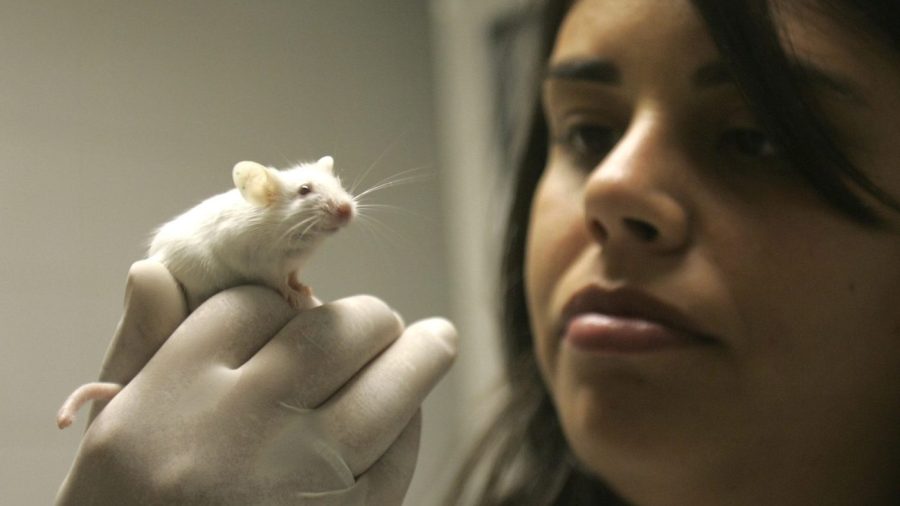Research into alternatives to animal testing has gained momentum in recent years, but current technologies are not yet capable of fully replacing traditional animal research. Key organizations, including the National Institutes of Health (NIH) and the European Commission, emphasize the importance of ongoing animal studies to ensure effective medical advancements.
While innovative methods, such as organ-on-a-chip technologies and advanced computer modeling, show significant promise, experts argue they are not yet ready to replace animal research entirely. According to a recent report from the American Medical Association (AMA), animal models continue to play a crucial role in understanding complex biological systems and diseases.
Importance of Diverse Research Models
Using a variety of research methods can lead to improved outcomes for patients and their families. The National Academies of Sciences, Engineering, and Medicine have asserted that while human cell cultures and computational models can provide valuable insights, they cannot replicate the full physiological responses observed in living organisms. The complexities of drug interactions, immune responses, and disease progression often require the comprehensive data that only animal studies can provide.
Moreover, as stated in the AMA report, over 90% of drugs that enter clinical trials based on preclinical data from animal studies fail to receive approval. This statistic underscores the necessity of refining research techniques while continuing to rely on animal models to validate findings.
Calls for Ethical Considerations and Transparency
As the debate over animal research continues, ethical considerations remain at the forefront. Organizations advocating for animal welfare are pushing for greater transparency in research practices. They argue for the need to balance scientific advancement with ethical treatment of animals, advocating for the implementation of the 3Rs principle: Replacement, Reduction, and Refinement.
According to the European Commission, researchers are encouraged to explore alternatives and minimize the use of animals wherever possible. Nevertheless, they recognize that certain areas of biomedical research still necessitate animal testing to provide insights that cannot be achieved through other means.
In conclusion, while advancements in technology offer exciting possibilities, the current state of research indicates that animal studies remain an essential component of medical research. The collaboration between traditional methods and emerging technologies will be critical in shaping the future landscape of biomedical research, ultimately aiming to improve patient outcomes while addressing ethical concerns.





































































